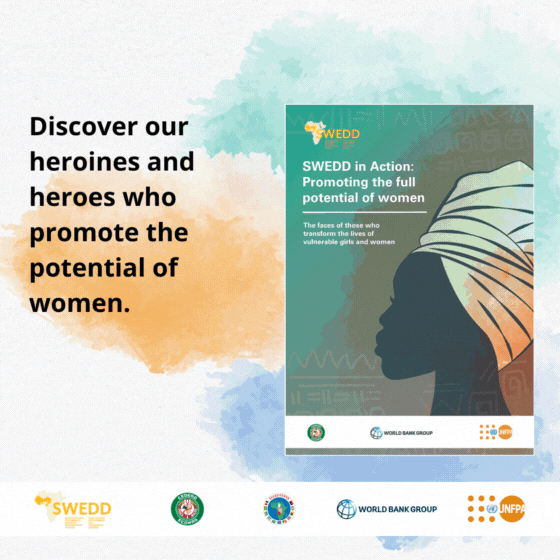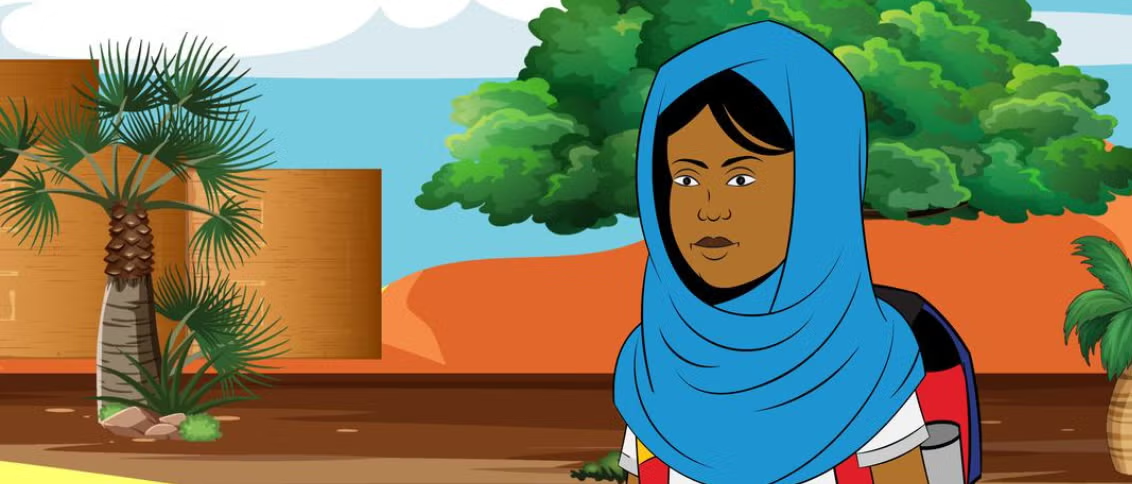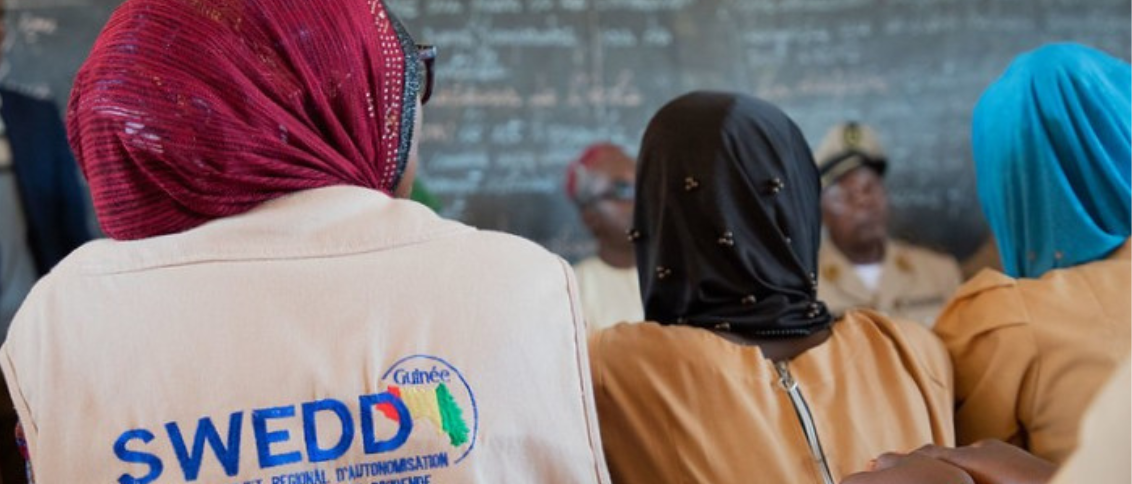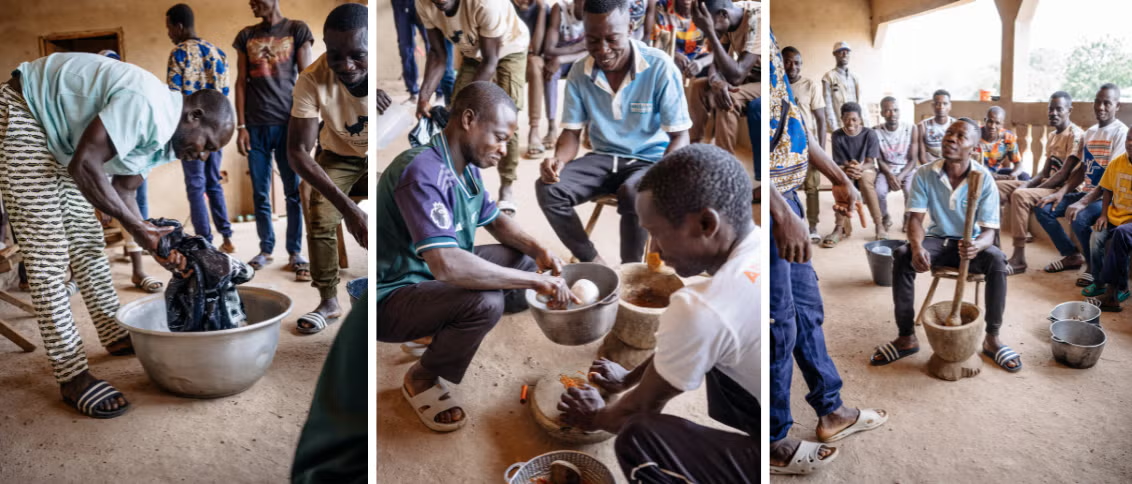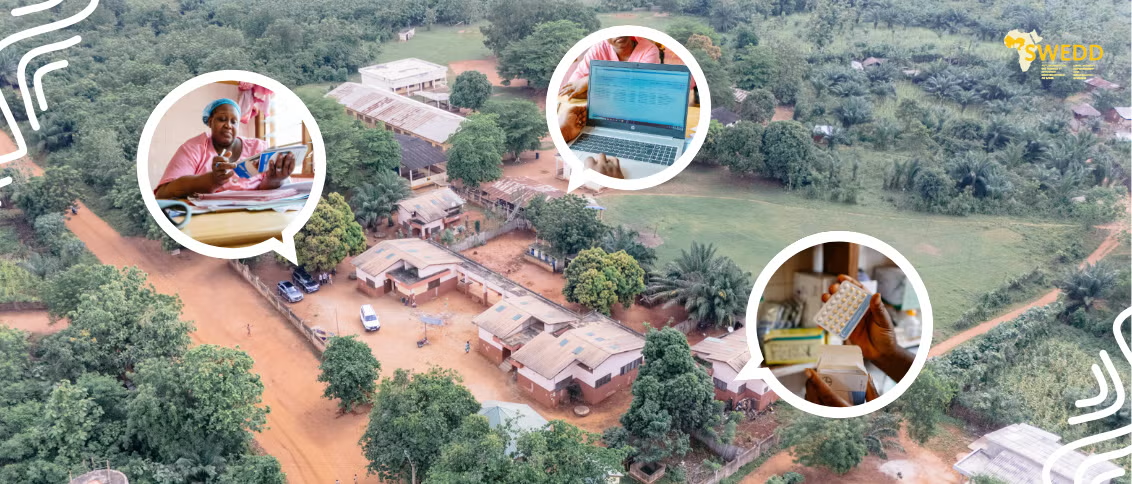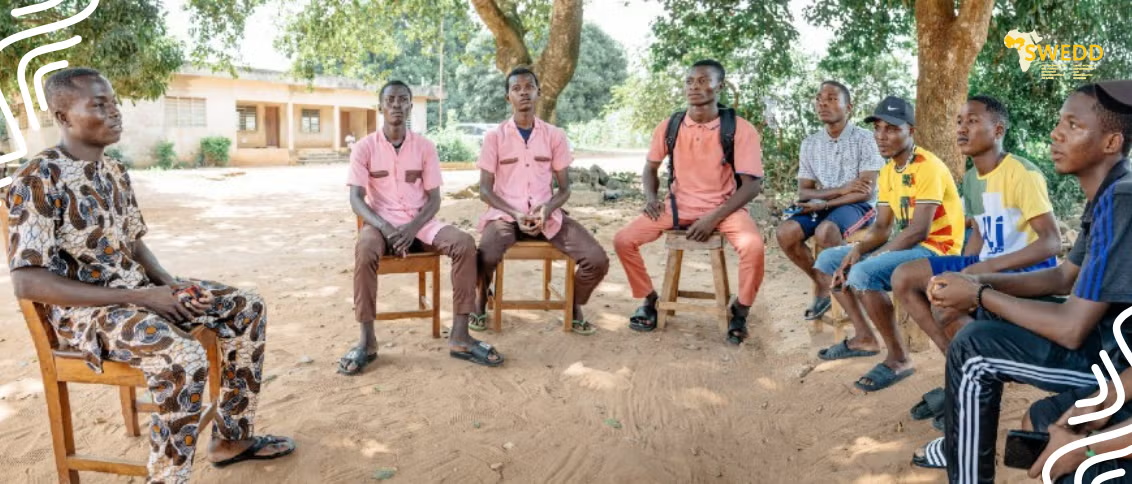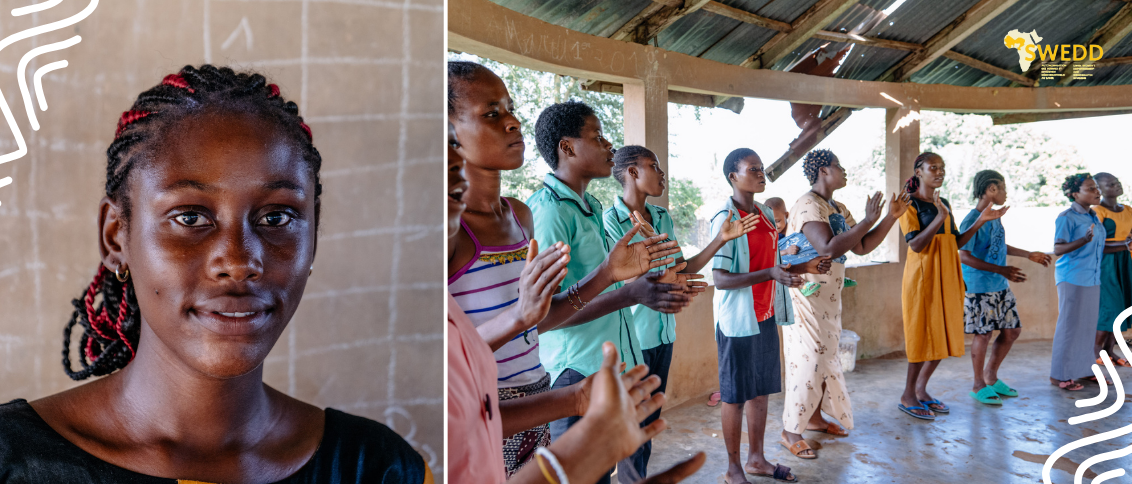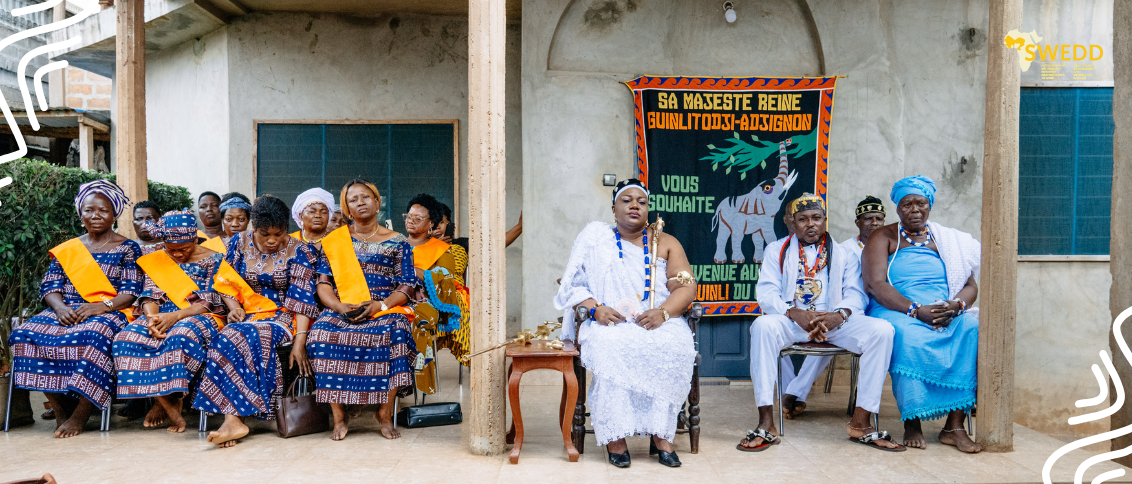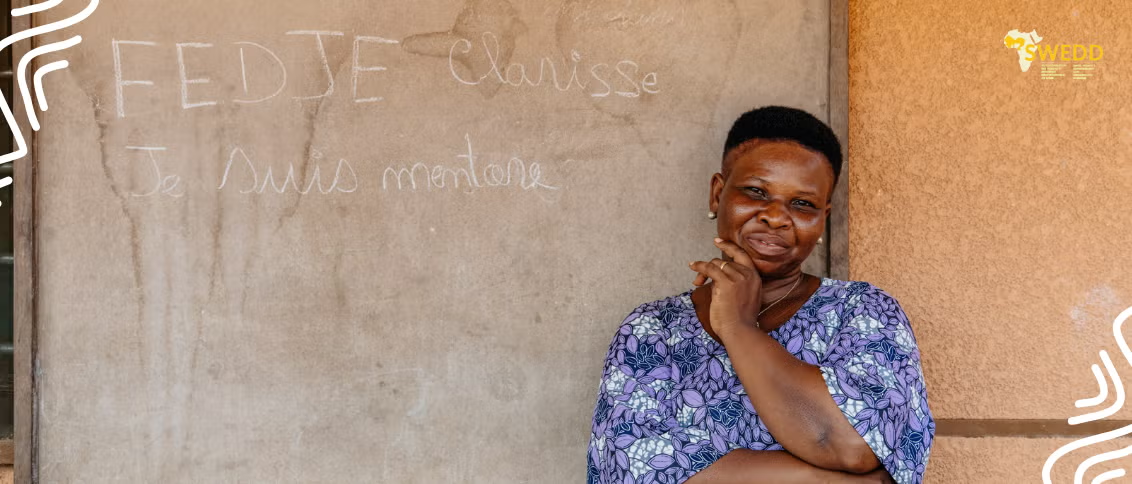

NEWS
"May the women of tomorrow be educated, dynamic, and empowered !"
05 June 2024

Maman Mansour is not only a traditional leader and Secretary-General responsible for external relations of the Association of Traditional Leaders of Niger, he is also the regional coordinator of the Council of Traditional Leaders of Africa (COTLA) for action against early marriage and female genital mutilation working with SWEDD.
He has an official role as canton leader for the commune of Tessaoua, in the Maradi region, 890 km east of the capital Niamey. As a traditional leader and a link in the chain of authority, with the power to sanction leaders of villages, tribes of nomadic herders and districts, he is widely respected and is very active on issues of health, education and respect for women’s physical integrity.
In 2018, Maman Mansour set up a free and voluntary millet collection operation in Tessaoua, in close collaboration with village leaders, to help those on low incomes who are suffering from illness. Of Tessaoua’s 350,000 residents, no fewer than 8,220 families contributed, enabling 26 tons of millet to be collected. The sale of this financed 418 transfers to health centres in Maradi andZinder, and transfusions for mothers suffering from post-partum haemorrhage.
Aware of the frequent problem of girls dropping out of school, Maman Mansour has also launched, with the support of development partners, a back-to-school programme for 123 students who had not obtained their secondary education certificate (baccalauréat) or basic secondary education certificate (brevet d’études du premier cycle – BEPC) in 2018–2019, followed by 163 more in 2020–2021. This initiative was made possible by recruiting 26 tutors.
In addition, 200 rural committees for the monitoring and protection of adolescent girls have been set up in canton’s villages and hamlets. Each committee is made up of the village leader, imam and representatives of women and young people. They are responsible for reporting cases of early or forced marriage, girls not going to or dropping out of school, rape and sexual assault, and refusal by girls and women to attend health centres.
Safe spaces for girls aged 13–19 have been established in rural areas to support these measures and provide training in trades with local potential. The scheme will include literacy courses and modules on personal hygiene, environmental protection and irrigated farming, as well as a counselling, advice and guidance service.
“We’re fighting for things to be different for the women of tomorrow,” concludes the traditional leader. “We want them to be well-educated, agile, empowered and respectful of their environment and social values.”
Find out how the SWEDD project is changing lives across sub-Saharan Africa in the book SWEDD in Action: Promoting Women's Full Potential here
